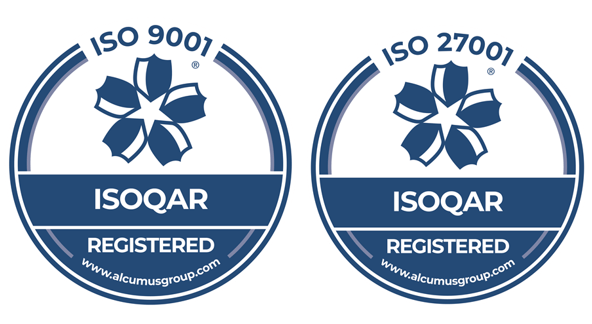Writing winning award entries
The past six months have been an exhilarating ride for us at Box UK; as well as our exciting client work we’ve been recognised for our expertise by leading industry bodies in a number of awards ceremonies. In November we were elected as medallists in the IT Employer of the Year category at the UK IT Industry Awards, and in January our app for the iPad UI Sketcher was voted Highly Commended at the Econsultancy Innovation awards . Most recently, we’ve been named Official Honorees at the Webbys.
Having completed the entries for all of the above, it’s fair to say I know a bit about writing award submissions by now (and I may have practised the odd acceptance speech or two when no-one’s around). Despite what some ‘gurus’ may tell you there’s no guaranteed formula for success. However, from my own experience I believe there are a few key points to bear in mind to increase your chance of making it on to the shortlist.
Choosing the right awards
When you start looking for awards, you’ll quickly realise how many there are out there. In fact you may question whether it’s worth entering at all, when everyone seems to have a title to their name. I think, though, it’s unwise to dismiss what could be a key differentiator for your company; particularly in the B2B sector where proof of your ability to deliver can be a highly valuable asset.
There are two qualities that make awards worth entering: relevance and status. Which awards have these depends on your specific needs, but it’s important that the award you choose to enter has at least one of the two. And if it combines them, well, it would just be silly not to enter, wouldn’t it?
Think as the judge
Once you’ve found the award for you, you should find out everything you can about it. Key things I look out for include previous winners (to check you’re applying for the most appropriate award), the judging panel (so you know who you’re talking to), and most importantly the award criteria (so you know what information to provide).
Understanding these key things should reveal the tone you need to adopt. Should your entry be highly technical, or focused on the ends rather than the means? Is industry jargon acceptable? It’s also crucial to take a step back and look at your entry through the judges’ eyes. They could well know little or nothing about you outside of what you’ve written, so be sure to give context where necessary.
Sell, Sell, Sell
Since you’ve got this far through the post, you might be familiar with the basics of marketing, in particular the famous marketing adage ‘features tell, benefits sell’. Well, this is also true when writing award entries; don’t just list the facts and figures, show the judge how you’ve benefitted the user. Engage the judges with examples, backed up by customer references if appropriate (now is the time to get back in touch with those key client contacts!). Despite what you may have heard, judges do live in the real world; they probably want to see how you operate in the real world too, not just what you ‘could’ do.
It’s also important to emphasise how the benefits you provide are individual to you, or how you fill a gap in the market. When writing entries showcasing our app UI Sketcher, I was sure to highlight the purpose of the tool; helping UX designers generate good ideas fast. Once this was established, it was much easier to explore what helps users achieve that specific goal. Like great musicians (and Lady GaGa), you should have a ‘hook’ that ensures you stick in the judge’s minds.
Answer the question
Award entries will often have strict word limits imposed on them. A reason for this (which people often overlook) is that it’s impressive to convey your message succinctly. It’s also more difficult – a look around some poorly-written websites will tell you that.
So, how do you get your key points across before the judges lose interest? It may be the English graduate in me speaking, but I find that the best way to do this is by using a simple rule most of us were taught at school: make sure you answer the question. Writing for marketing is a unique skill, but just as your teacher told you to relate every reference and argument back to the question, try and make sure everything you say in your entry demonstrates what the judge is asking for. Whether this is your innovation, superior customer service or eco-friendly credentials, make sure each point supports and furthers your argument.
Summary
Writing a successful award entry differs from most other forms of writing. However it’s a skill that can be mastered with experience, and by following some simple rules. Hopefully the advice in this article will help you write a clear, concise entry and secure a place on the shortlist.
As a final thought, I want to emphasise that award entry writing is not some magic trick or tactical game (unlike voodoo monopoly): be honest, let your enthusiasm shine through, and you’re likely to make an impression.

